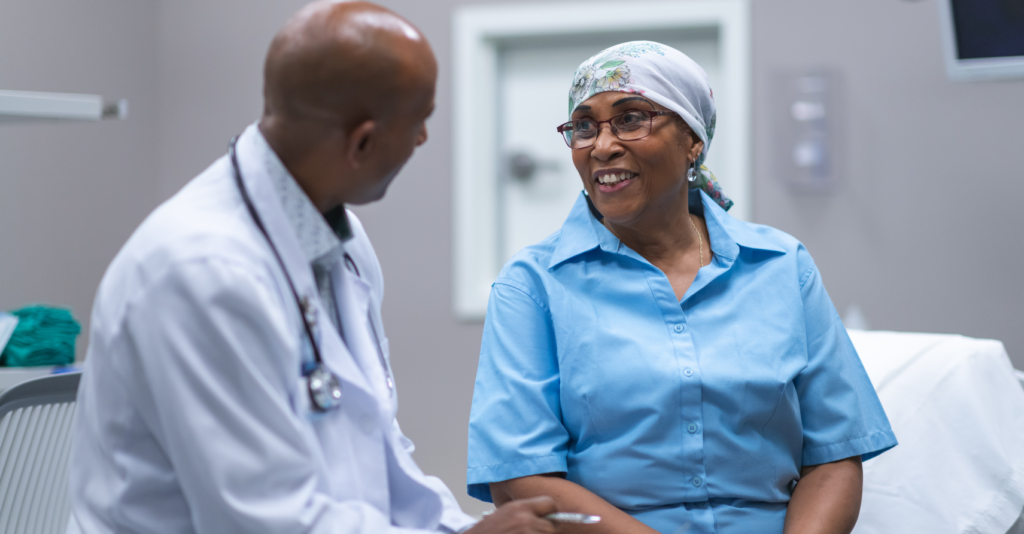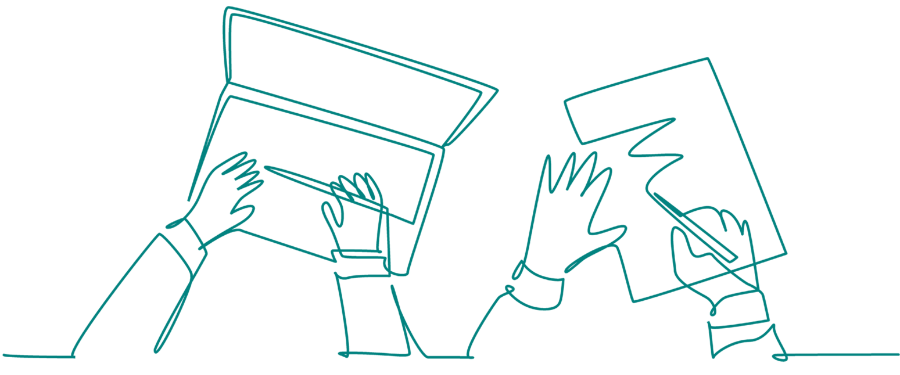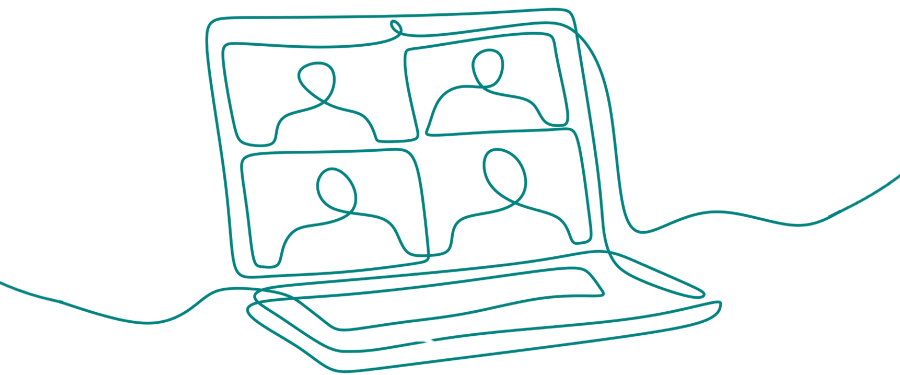
Common symptoms include:
- Fatigue and weakness
- Enlarged spleen (splenomegaly)
- Frequent headaches or dizziness
- Night sweats
- Easy bruising or unusual bleeding
- Bone pain or discomfort
Related Link
Common MPN Symptoms | What Are They and How Are They Managed?
Risk factors that may increase your chance of developing an MPN include:
- Genetic Mutations: JAK2, CALR, and MPL mutations are common in MPN patients.
- Age: Typically diagnosed in adults over 50.
- Environmental Exposure: Radiation or certain chemicals may increase risk.
- Family History: Having a close relative with an MPN may elevate risk.
Related Link
Expert Tips:
- Get information about choosing an MPN specialist or treatment center
- Talk with loved ones about how they can help you
- Find out what your insurance covers
- Find out if you have any specific mutations and how they relate to treatment
- Talk openly with your doctor about your fears or concerns
- Determine if financial assistance is available
Related Links
How Can I Get the Best Myeloproliferative Neoplasm (MPN) Care?
Empowers MPN patients and families by addressing factors like age, ethnicity, and insurance that impact outcomes. Gain confidence in your healthcare decisions, no matter where you live.
Topics:
- MPN Patient Self-Advocacy Profiles
- Access and Navigating MPN Care
- MPN Treatment Strategies
Aims to provide digital literacy skills training with a series of easy-to-follow video modules, coupled with resource guides to educate you on technology and online support tools.
Improves MPN patients’ and caregivers’ familiarity with remote access to healthcare, and thus increase quality of care regardless of geographical location.
Topics:
- The Role of Telemedicine in MPN Care
- Telemedicine Best Practices for MPN Patients
- MPN TelemEDucation Resources



